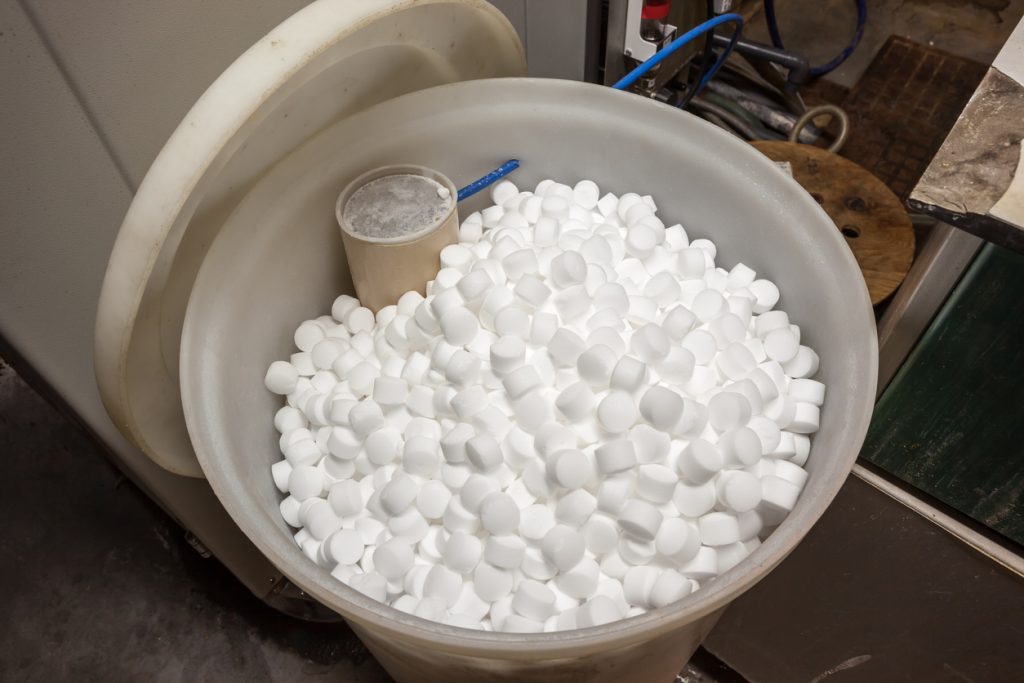Water softeners are becoming increasingly popular in households around the world. As people become more aware of the detrimental effects of hard water, they are turning to water softeners to improve the quality of their water supply. While the upfront cost of installing a water softener may seem daunting, it is essential to consider the long-term savings that these systems can provide.
Upfront Costs
The initial investment in a water softener can vary depending on the type and size of the system. It typically includes the cost of the equipment, installation, and any necessary plumbing modifications. While the upfront costs can range from a few hundred to several thousand dollars, it’s essential to consider the long-term benefits and savings water softeners provide.
Extended Lifespan of Appliances
One advantage of water softeners is their ability to extend the lifespan of household appliances. Hard water minerals can build up in appliances like washing machines, dishwashers, and water heaters, reducing efficiency and leading to costly repairs. Using a water softener can minimize mineral buildup and prolong the life of your appliances, saving you money in the long run.
Reduced Energy Consumption
Hard water requires more energy to heat compared to soft water. The minerals in hard water create scale buildup in water heaters, affecting the heating element’s efficiency. With a water softener, removing these minerals can help your water heater operate optimally, resulting in lower energy consumption and reduced utility bills.
Decreased Cleaning Product Usage
Another economic benefit of water softeners is the reduced usage of cleaning products. Hard water minerals can react with soaps and detergents, reducing their effectiveness. This often leads to using more cleaning products to achieve satisfactory results. By switching to soft water, you can significantly reduce the amount of soap and detergent required for cleaning tasks, resulting in long-term savings on cleaning supplies.
Minimized Plumbing Maintenance
Hard water minerals can accumulate in pipes and plumbing fixtures, leading to clogs and reduced water flow. Over time, this can result in costly plumbing repairs or even the need for pipe replacement. Water softeners prevent mineral buildup, reducing the likelihood of plumbing issues and the associated maintenance costs.
Calculating Long-Term Savings
To calculate the long-term savings of a water softener, consider the following factors:
- Cost of the water softener system and installation
- Potential savings from increased appliance lifespan
- Energy savings from improved water heater efficiency
- Reduced expenditure on cleaning products
- Minimized plumbing repairs and maintenance costs
By estimating the potential savings in each of these areas over the lifespan of the water softener system (typically 10-20 years), you can determine the overall cost-effectiveness of the investment.
While water softeners may require an upfront investment, they offer substantial long-term savings in household expenses. For Austin, TX residents seeking water softener solutions, visit Parobek Water Solutions.

